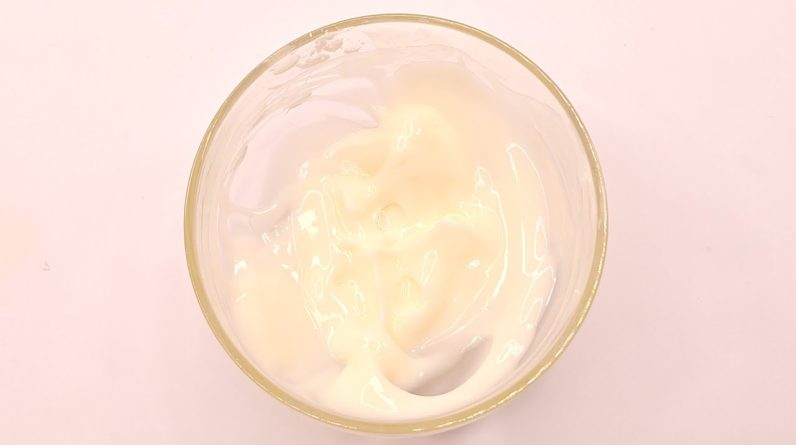Flash Skin Tips #1 : A Dermatologist’s Guide, Use This Test To Tell Your Skin Type
•CLEANSING BEGINS WITH UNDERSTANDING SKIN TYPES•
Choosing the right cleansing regimen is the most important part of any skincare routine, do you agree?
I’m Dr Teo Wan Lin, board-certified dermatologist, founder of clinical skincare brand Dr.TWL Dermaceuticals and international beauty KOL. In this sharing, I highlight why the first step to a solid skincare regimen is knowing your skin type. I teach you how to quickly tell, with a quick test you can do at home.
What Is My Skin Type?
Dry: skin that produces less sebum than normal skin, individuals with inherited DNA defects in filaggrin gene causing eczema, previous skin irritation with cleansers/skincare
Oily: skin that produces more sebum than normal skin (an overproduction of sebum is known as seborrhea)
Normal (scientifically known as ‘eudermic’): well-balanced and healthy skin, with good production of ceramide as part of the skin barrier
Combination: a mix of skin types in the T-zone and cheeks
How Do You Determine Your Skin Type?
The best way to do this is simple and you can even do it at home with the following steps:
Wash your face and let dry for 30 to 60 minutes.
Dab a tissue on the T-zone (nose, forehead) and cheeks.
If you feel that only your nose is oily, that means you have combination skin. If you are oily on your nose and cheeks, you have oily skin. If both your T-zone and cheeks are dry, it means you have dry skin.
To check if you have dry skin, you may use the following checklist as well.
Do you have:
Dry itchy skin which may be worsened by exposure to strong soaps, sweat, dusty environments, pet fur, pollen mould and carpets
A personal history of atopy, which encompasses hay fever, sensitive nose (allergic rhinitis) asthma and eczema
Family members with atopy
Skin redness, flaking, itchiness, stinging whenever exposed to a new environment or to certain skincare or makeup products.
If your answer to any of these questions is yes, you have dry (type 1) skin.
For dry skin types, it is recommended that you moisturise frequently with products that have moisturising ingredients such as ceramide, glycerin and squalane.
For oily skin types, you will still require a moisturiser but perhaps look for hyaluronic acid-based ones. You will also be able to tolerate more drying ingredients such as glycolic, lactic and salicylic acids. For normal skin types, it is advised for you to change your routine up based on the weather. In warmer months, you may add dryer skincare products and in the colder months, you would need extra moisturisation.
While your skin type is determined by your genetics, your skin may be affected by other variables such as environmental factors and age. Now that you know your skin type, you can incorporate skincare products which are suited to your skin to achieve the best results for your skin.
The above is excerpted from my book—Skincare Bible: Dermatologist’s Tips on Cosmeceutical Skincare.
Skincare Bible Amazon Paperback:
Asian Beauty Secrets Amazon Paperback:
Maximize Your Skincare Masterclass Experience: ONE-TIME SIGN UP: FREE DOWNLOAD
0:00 – Introduction
0:14 – Wash Your Face
0:24 – Combination Skin
0:34 – Dry Skin
source








